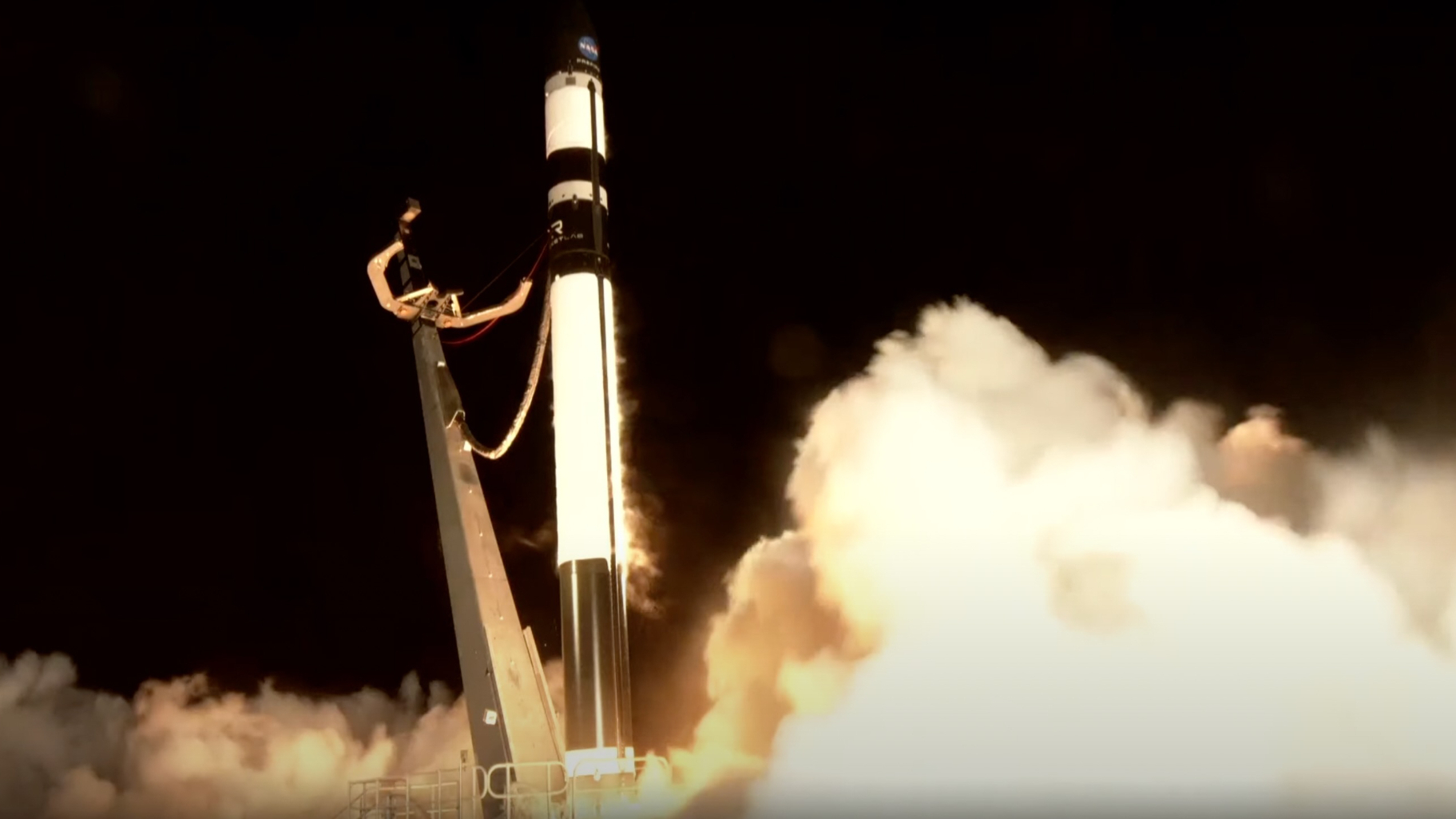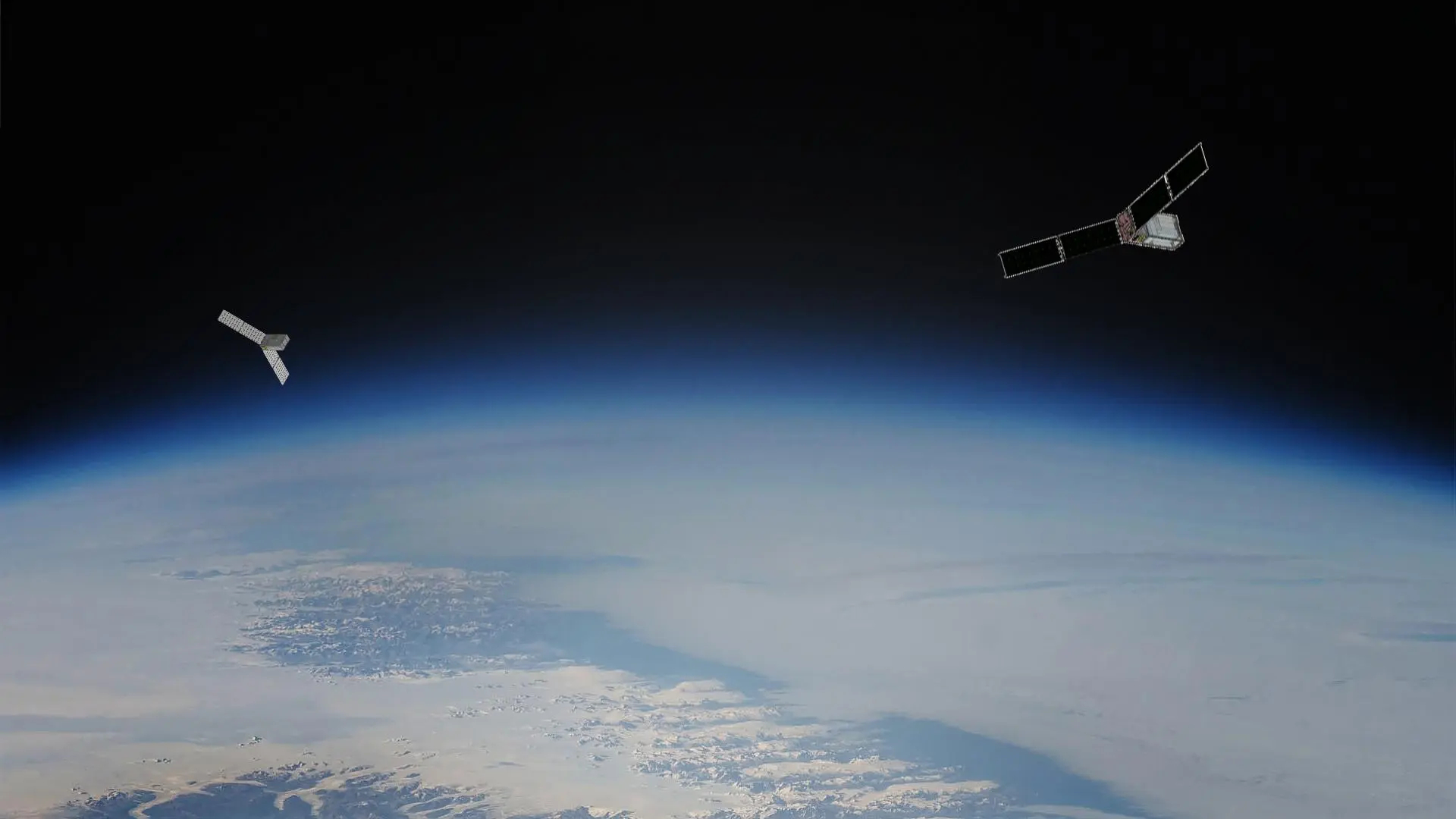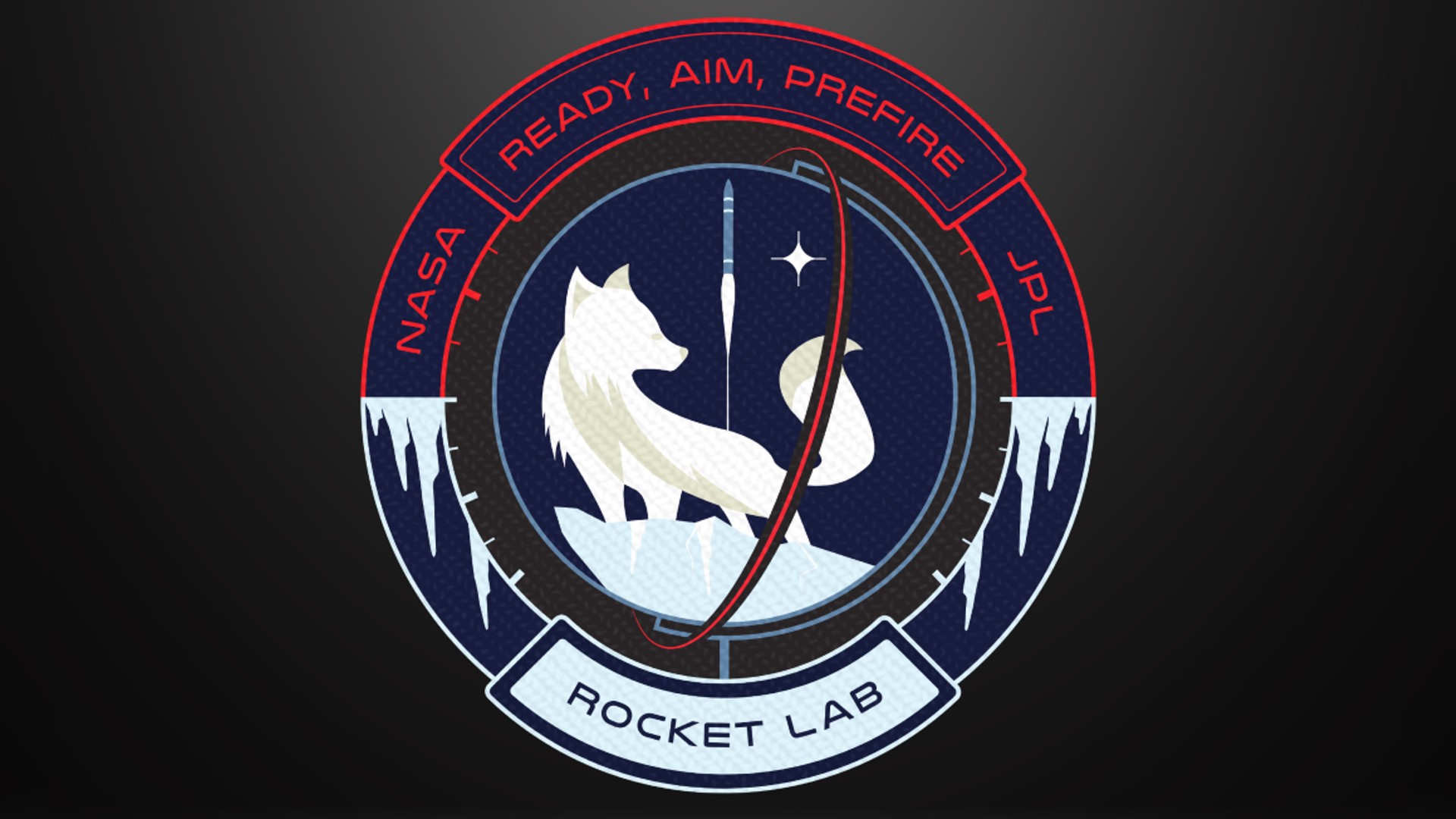Rocket Lab launched a small Earth-observation satellite for NASA early this morning (May 25).
An Electron rocket lifted off from Rocket Lab's New Zealand site today at 3:41 a.m. EDT (0741 GMT; 7:41 p.m. local New Zealand time), carrying the first of two cubesats for NASA's PREFIRE (Polar Radiant Energy in the Far-InfraRed Experiment) climate-studying mission.
The satellite was deployed into orbit 53 minutes after launch as planned, according to Rocket Lab.
Related: NASA's twin spacecraft will go to the ends of the Earth to combat climate change

Rocket Lab will also launch the second PREFIRE satellite. The date for that coming liftoff has not been announced, but it will occur within three weeks of today's launch, according to the company.
Both PREFIRE satellites are 6U cubesats. The "U" stands for "unit," a cube 4 inches (10 centimeter) on a side that's the basic building block of cubesats. (So a 6U cubesat is the size of six such units.)

The PREFIRE cubesats will head to different 326-mile-high (525 kilometers) circular orbits above Earth. From that perch, they'll measure how much heat is lost from our planet's polar regions — something that has never been done systematically from orbit, according to Rocket Lab.
Get the Space.com Newsletter
Breaking space news, the latest updates on rocket launches, skywatching events and more!
The PREFIRE duo "will criss-cross over the Arctic and Antarctica measuring thermal infrared radiation — the same type of energy emitted from a heat lamp — that will make climate models more accurate and help predict changes caused by global warming," Rocket Lab wrote in a mission description.

Today's launch was the 48th overall for the 59-foot-tall (18 meters) Electron, which is designed to give small satellites dedicated rides to orbit.
Rocket Lab is working to make Electron's first stage reusable; the company has recovered boosters from the sea after multiple launches, and it's gearing up to refly a first stage for the first time. But today's liftoff was apparently a more traditional effort, with no recovery component.
Rocket Lab has launched NASA climate-studying cubesats before. The company lofted the four satellites of the agency's TROPICS constellation, which monitors the evolution of tropical storms, over two Electron launches in May 2023.
Editor's note: This story was updated at 4 a.m. ET on May 25 with news of a successful liftoff, then again at 4:37 a.m. ET with news of satellite deployment.
Join our Space Forums to keep talking space on the latest missions, night sky and more! And if you have a news tip, correction or comment, let us know at: community@space.com.

Michael Wall is a Senior Space Writer with Space.com and joined the team in 2010. He primarily covers exoplanets, spaceflight and military space, but has been known to dabble in the space art beat. His book about the search for alien life, "Out There," was published on Nov. 13, 2018. Before becoming a science writer, Michael worked as a herpetologist and wildlife biologist. He has a Ph.D. in evolutionary biology from the University of Sydney, Australia, a bachelor's degree from the University of Arizona, and a graduate certificate in science writing from the University of California, Santa Cruz. To find out what his latest project is, you can follow Michael on Twitter.









